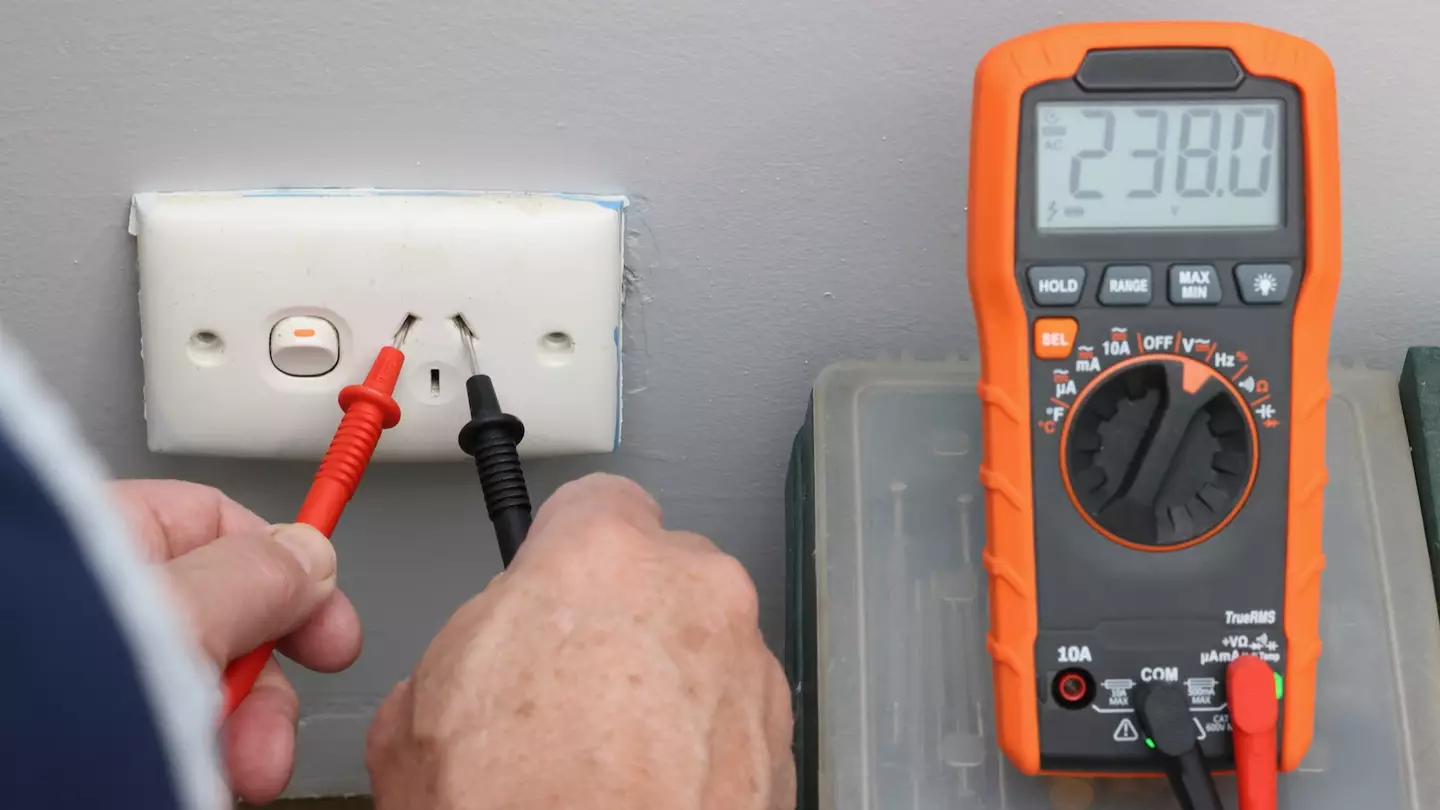
Look, every single sparkie knows the inherent risks of being on the job. We've all encountered the alarming statistics, heard the cautionary tales, and perhaps even experienced a near-miss. Maybe it’s happened to you and you’ve thought that it was all chill.
However, let's be clear: working live, even for seemingly minor tasks, is never all chill.
It's a pretty sobering reality, but one that has to be confronted directly. Performing tasks on or in close proximity to energised electrical equipment is the primary cause of severe burns, electric shocks, serious accidents, and, tragically, fatalities within the electrician industry. Every apprentice entering this profession should — nah, must — be fully aware of the profound dangers associated with working with electricity. We have a collective responsibility to them, and to ourselves, to cultivate an environment where safety isn’t just a slogan.
When is an electrician truly safe? Only when the appropriate practices and procedures are meticulously followed. And what is the cardinal rule? De-energise the power. It's that straightforward. Your life literally depends on it, lads.
Advert
In November 2017, significant amendments to electrical regulations were brought in. These changes explicitly prohibit electrical work from being performed on or near an exposed energised part of an electrical installation that can be de-energised. This regulation is clear and designed explicitly for our protection. Years later, we’re still trying to take shortcuts and think nothing of it — until it’s too late, that is.
Sparkies are obviously at a demonstrably higher risk of electric shocks and electrocution than the general public or other occupational groups, which means they need to use a demonstrably higher level of care.
But, the risk extends beyond just sparkies. Anyone occupying premises with an electricity supply – from office personnel to cleaning staff – have to be aware of the potential and significant dangers associated with live electrical equipment. That one moment of complacency could lead to catastrophe.
So, let us make 2025 the year we collectively put a stop to working live. Shortcuts are for avoiding traffic on the way home from work, not to be taken while on the job. No task, no deadline, and no "quick fix" is ever worth a life. What’s work, after all, if we can’t return home?
